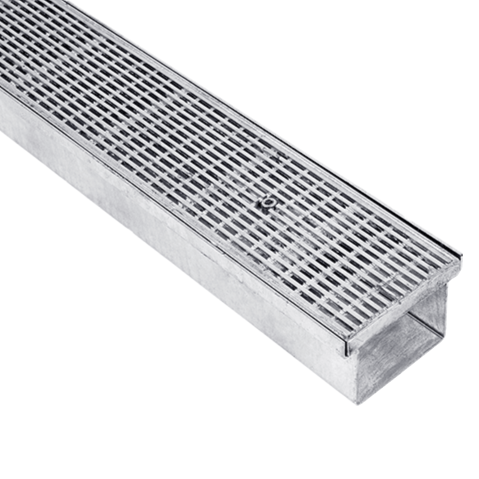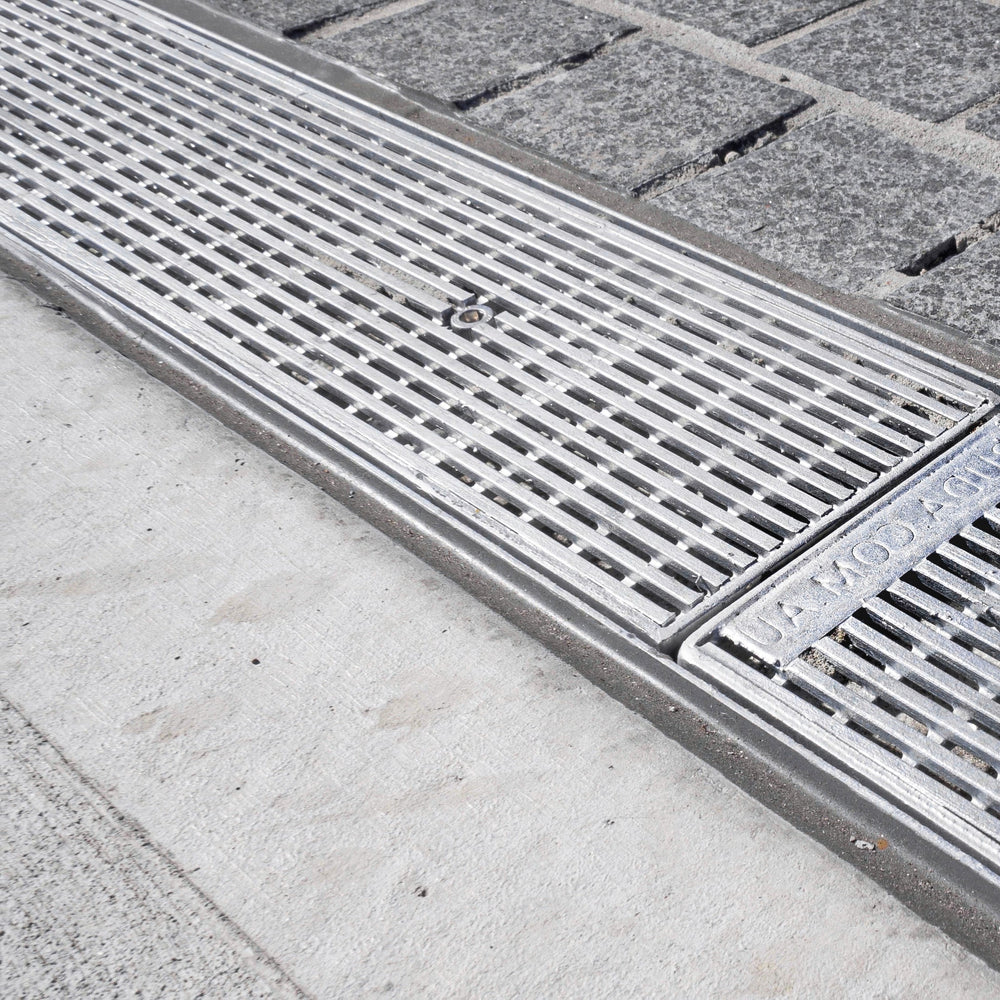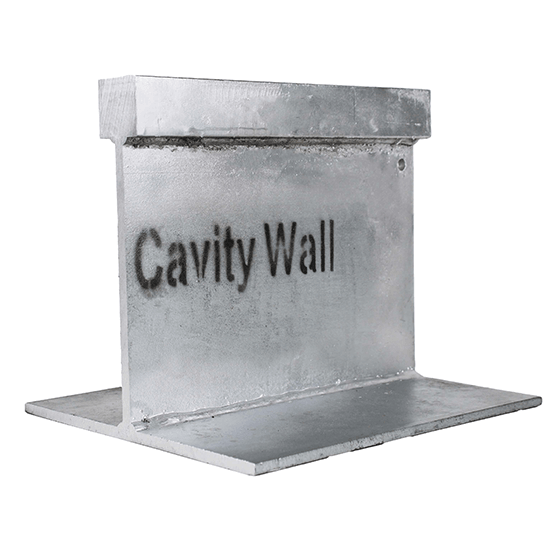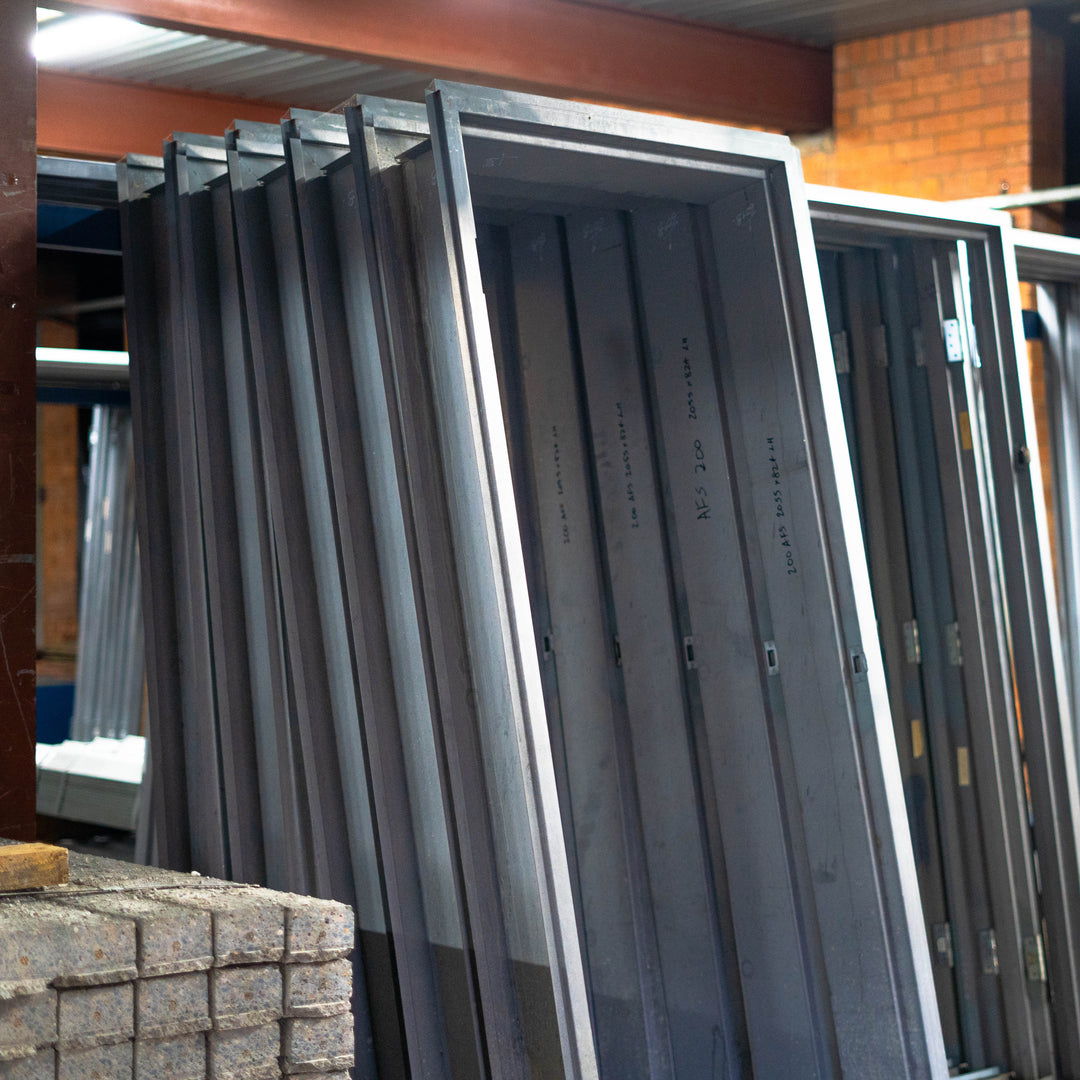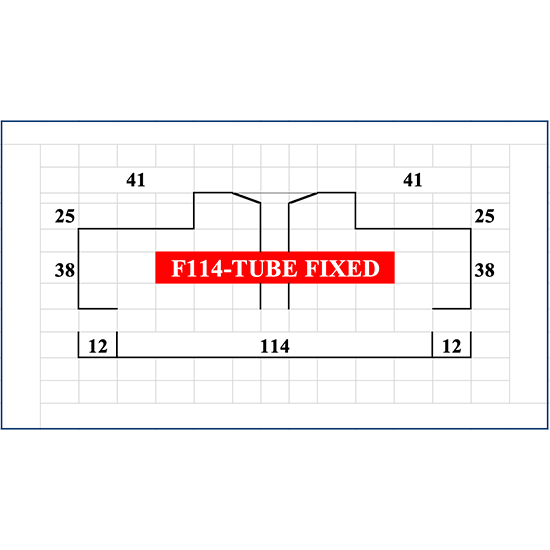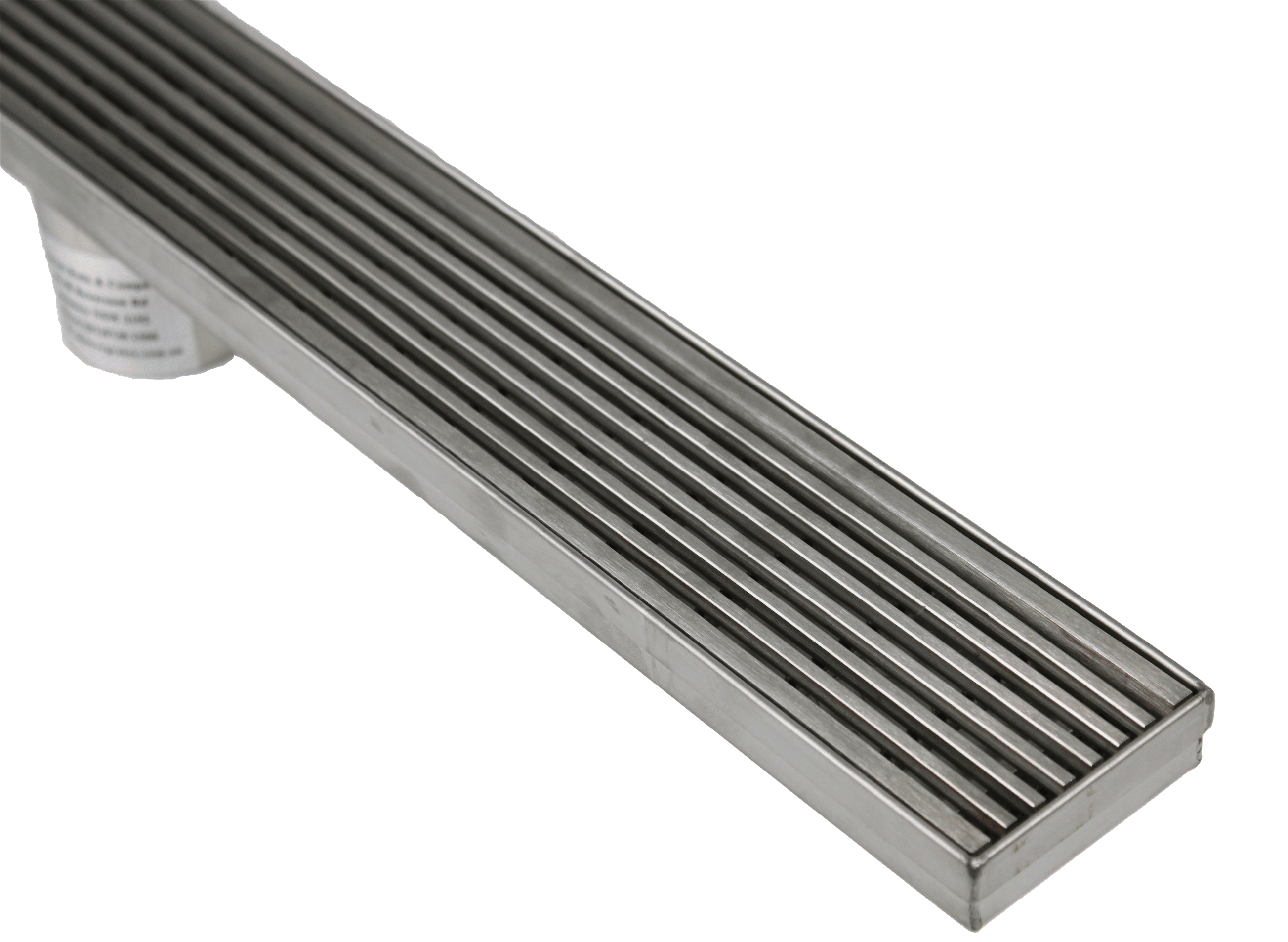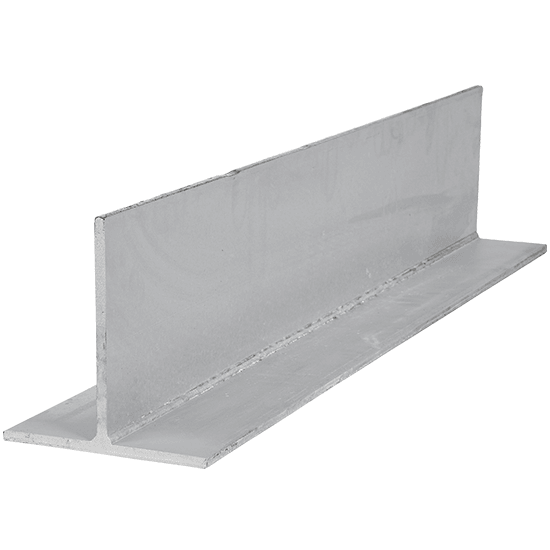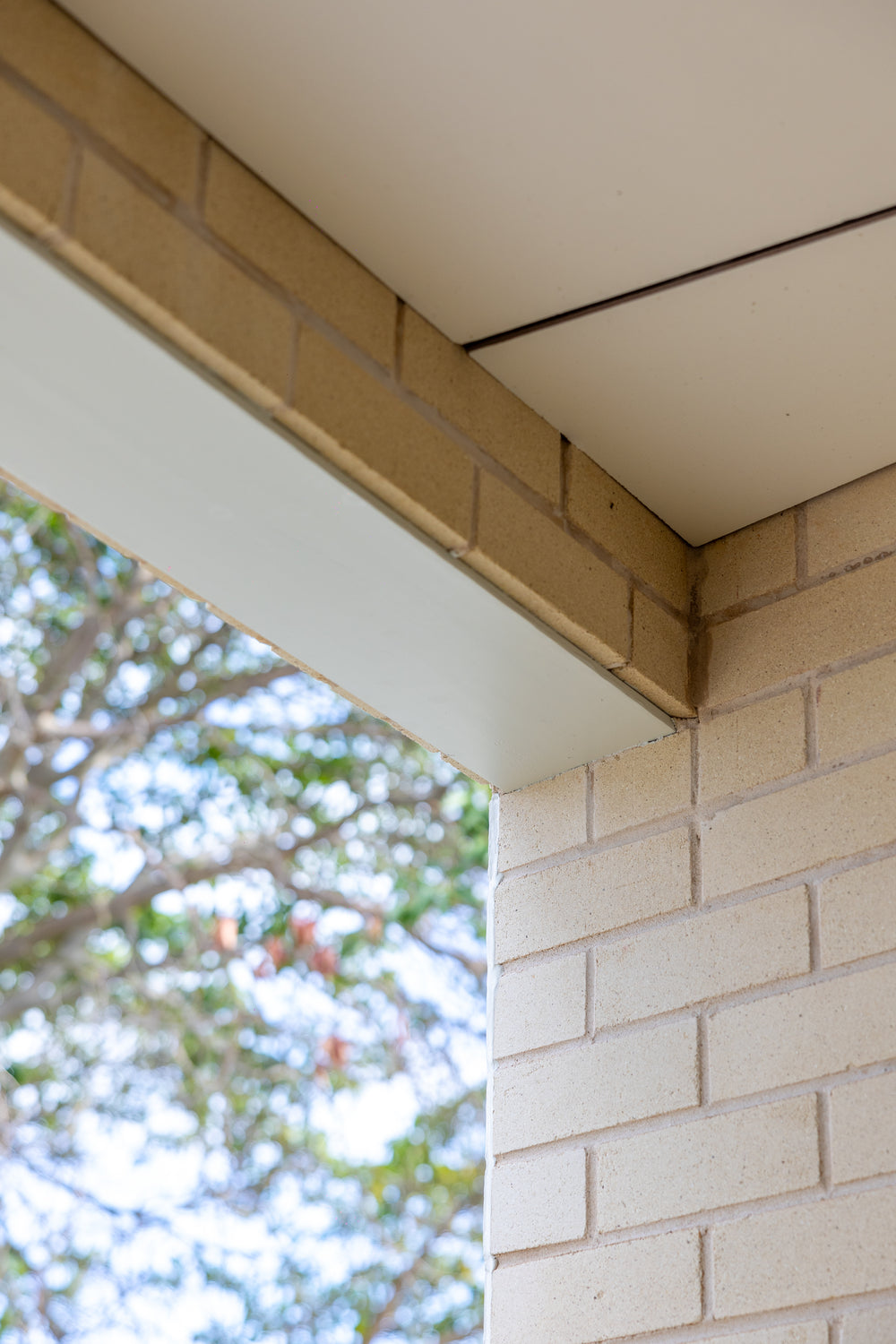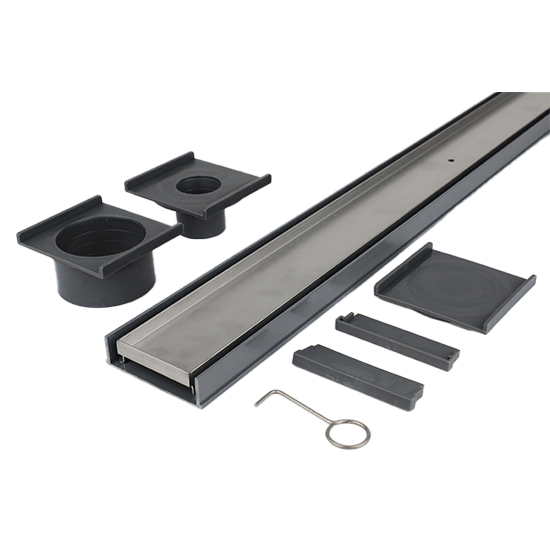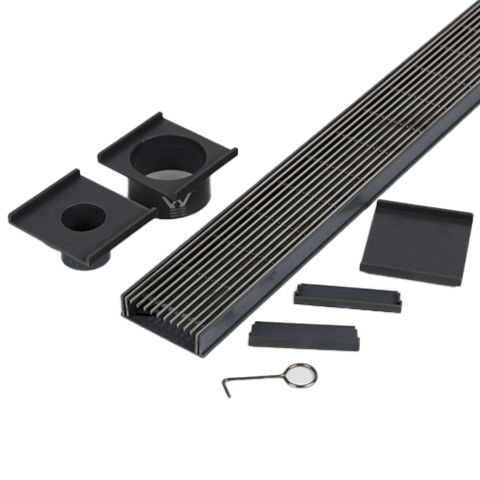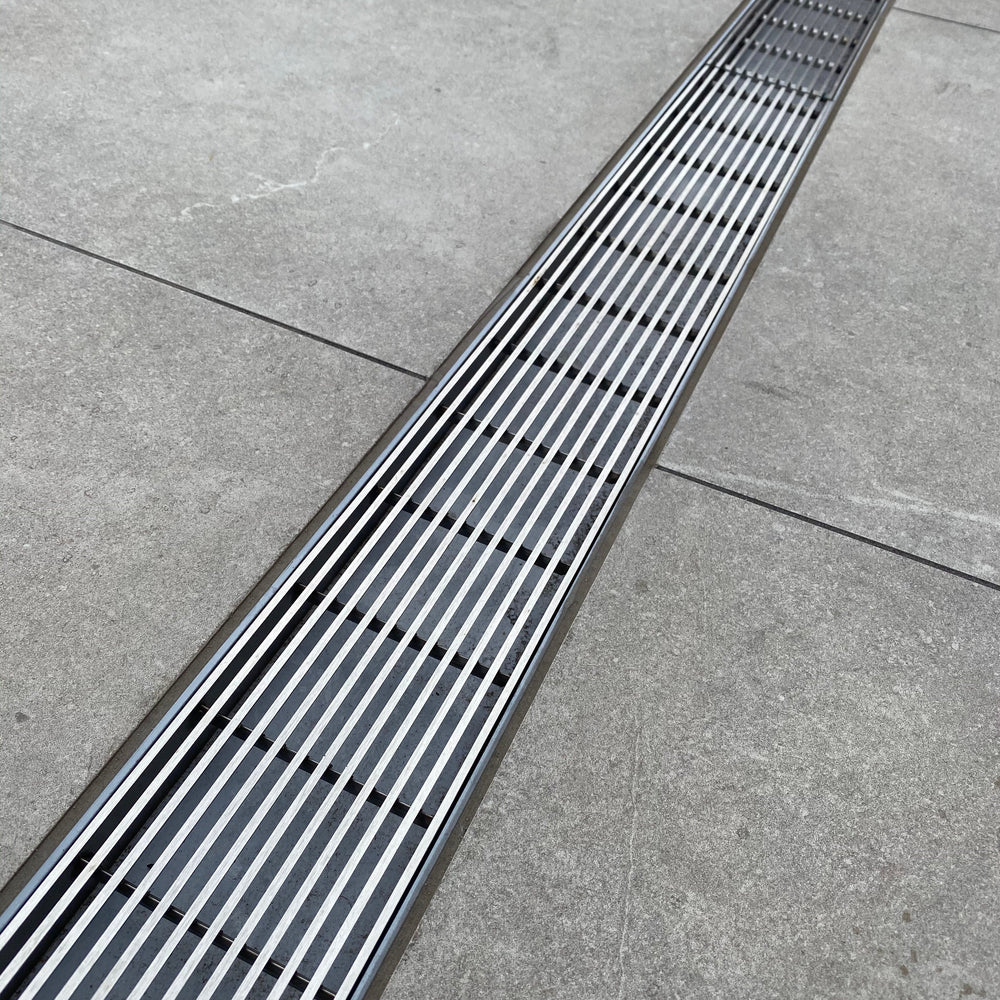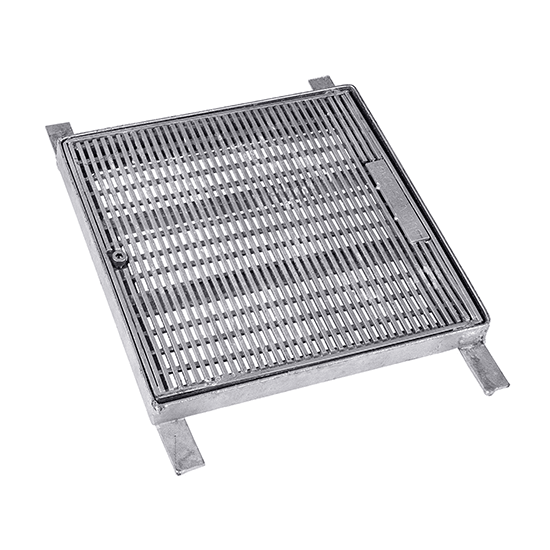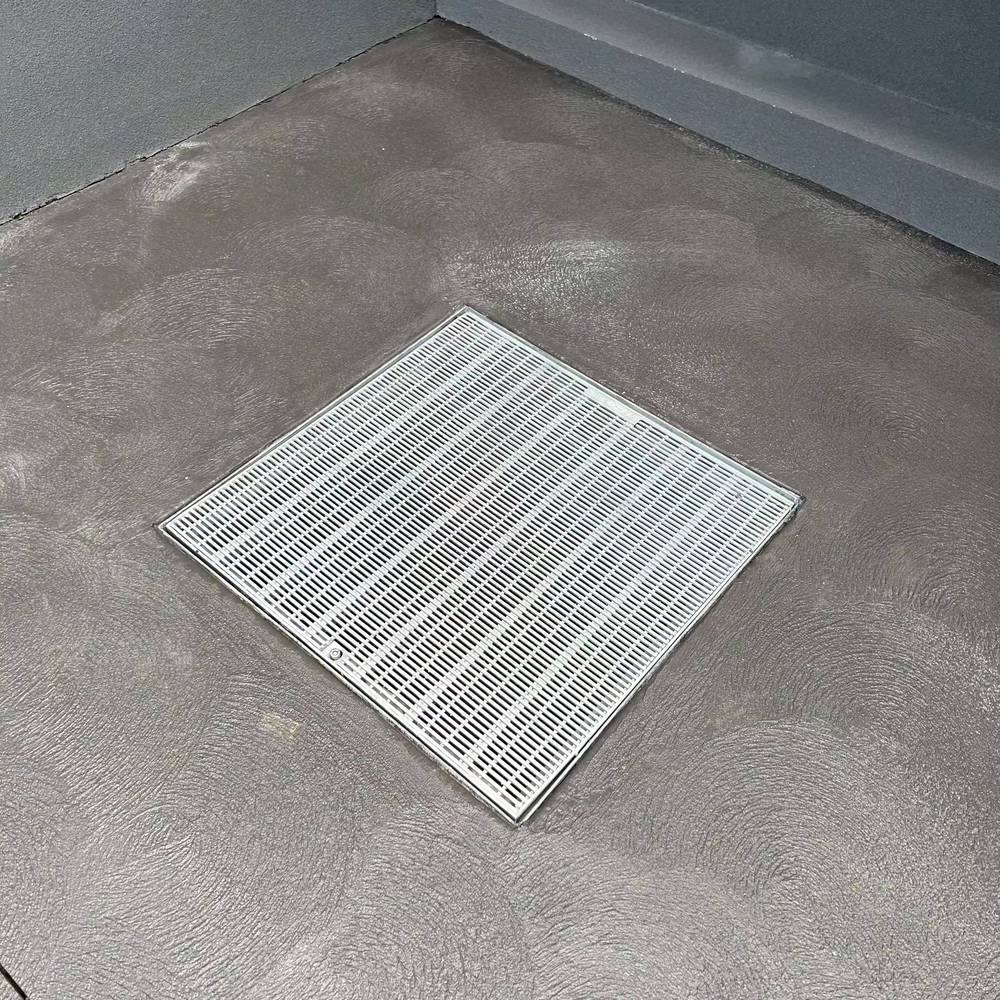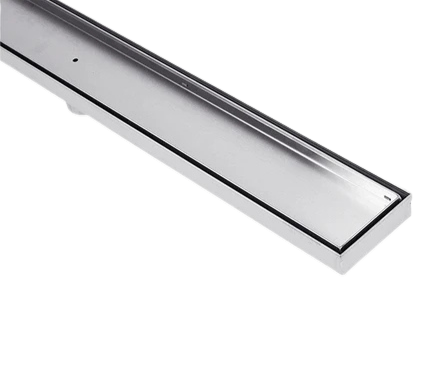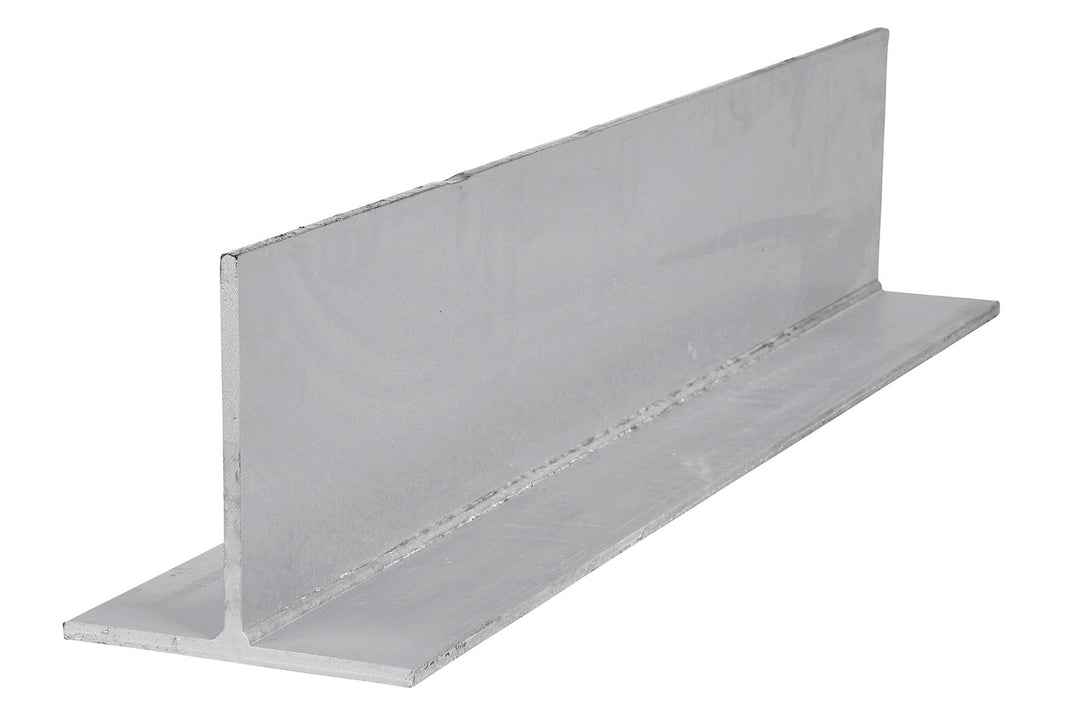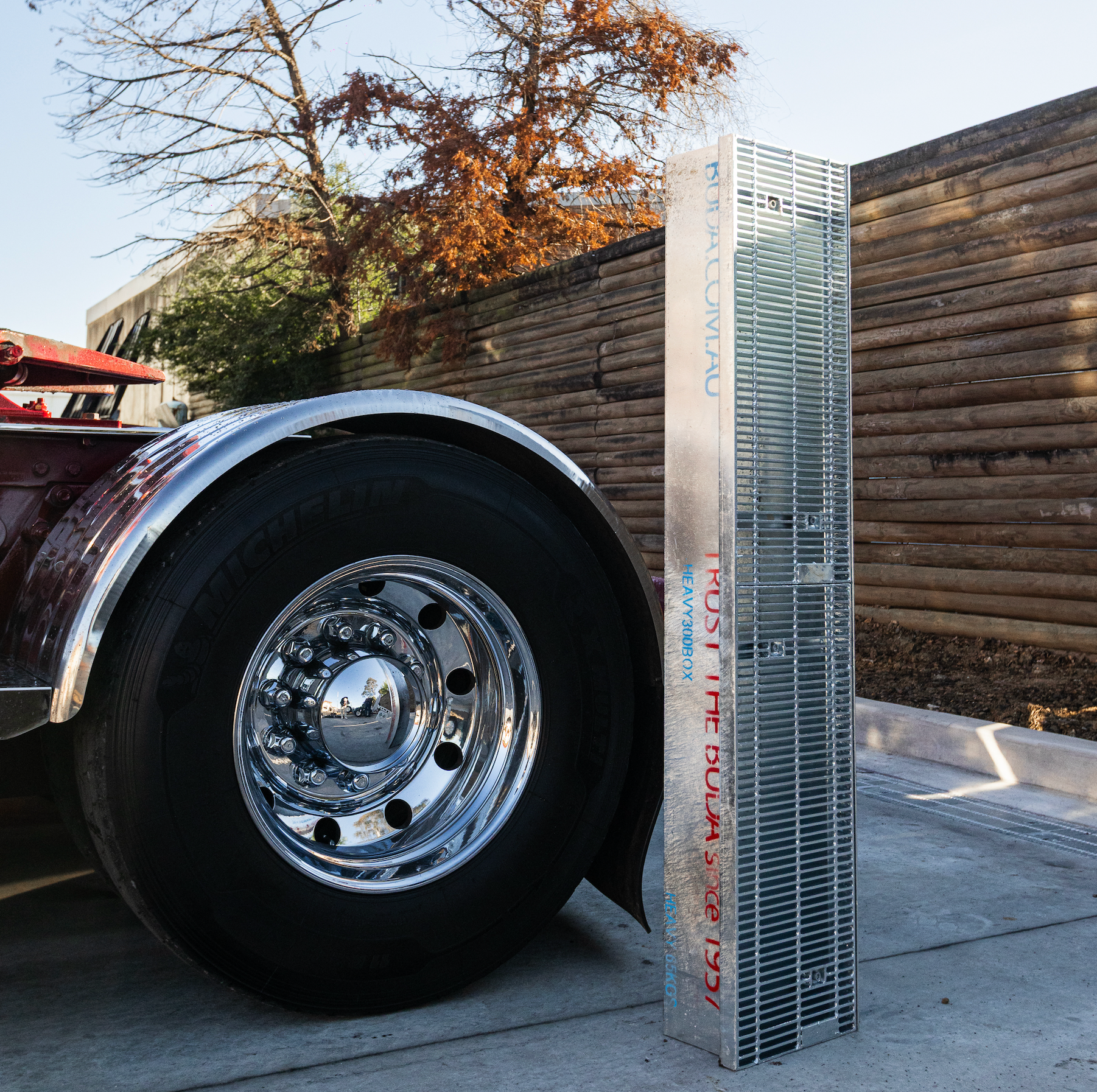How to Clean, Unblock & Maintain your Drainage System
Maintaining the external drainage system on your property is crucial to maintaining its functionality, preventing blockages from debris and avoiding flooding. Blocked stormwater drains can lead to external water damage, unpleasant odours, and even health hazards caused by mould and rotting material. Learning how to maintain a drainage system is essential to prevent common drainage issues around your property.

Stormwater drains protect your home from overland flows during heavy rainfall via yard drainage solutions for your home that control water flow, directing it towards the public stormwater system. While internal drainage systems are connected directly to the local wastewater system from pipes inside your house, your external drains, as the name suggests, are installed outside, making them susceptible to blockages from debris and flooding from heavy or unexpected rainfall.
Learning how to unblock a stormwater drain is an essential first step in managing your external drainage system. We’ll show you how to clean stormwater drains with a step-by-step guide on cleaning and unblocking your exterior drainage system and tips for maintaining a functional stormwater drain.
What is an External Drainage System?
An external drainage system is a network of pipes, gutters, and other components designed to carry water away from your property. While every structure and property is different, external drains and grates are typically installed around your home's foundation. They are responsible for directing water away from the building towards the public stormwater network, preventing water damage.
Before cleaning out the external drains outside your home, you’ll need to determine whether the blockage is your responsibility.
If the drainage system is on your private property, it’s yours to fix. However, public stormwater drains, which redirect water into the broader Australian Stormwater system, are the responsibility of organisations like Sydney Water.
Contact the area's relevant water management service if you suspect an issue with the public stormwater drains near your home or property.
Essential Stormwater Drainage Products
Vincent Buda & Co. stocks a wide variety of stormwater drainage solutions to complement our selection of external grates and drains. Below is a list of some essential stormwater drainage products to prevent blockages and ensure proper functionality of your exterior drains.
- A galvanised steel Stormwater Maxi Mesh Trash Screen (also known as trench mesh), typically installed in OSD tanks to cover orifice plates and prevent blockages.
- A flow-restriction tool called an orifice plate is used to gauge a fluid's flow rate in a pipeline. A hole is typically cut into the pipe, and the orifice plate is welded or fastened.
- Steel Rectangular Hollow Sections (RHS) are used as a drainage pipe to take water away from the house and to the kerb on the street.
- Use our RHS Steel Pipe Joiner Connectors (Bends and Corner Connector also available) to join two lengths of RHS together.
- Use our Stormwater Kerb Drain Outlet to reduce the height of our RHS down to the kerb.
- Plastic Pits for storing stormwater runoff. You can also purchase it with a matching galvanised grate in a traditional pattern or Heelguard.
- If you already have a plastic pit, purchase the galvanised grate separately.
- PVC Stormwater Downpipe adaptors for connecting gutters to RHS.
Advantages of Heelguard Grates
Vincent & Buda Co. offers a range of grates and drains with several options for grate pattern design, including traditional patterns. For a superior alternative, we recommend choosing a Heelguard pattern for your external grates and drains for the following reasons:
- Wedge wire pattern with bars welded together with cross bars for additional support
- Cross bars don’t touch the drain base, improving water flow
- Edge bars to eliminate sharp edges
- Tapered cross bars reduce the build-up of dirt & grime
- Heel safe & Pet Friendly
- Smaller gaps in the bars prevent leaves and foreign items from entering the channel of the grate and blocking up your drain.
- A modern and stylish finish
Signs of a Blocked Drain
It's essential to be aware of the signs of a blocked drain to take action quickly. Some common symptoms include:
- Foul odours coming from the drain
- Water backing up
- Slow-draining
- Overflowing drains, gutters
- Puddles forming near the drain
- Gurgling sounds
Common Causes of Blocked Drainage Systems
A blocked drainage system is a common problem that affects homeowners. It can be caused by a variety of factors, including:
- Leaves, twigs, and other debris can clog up the system
- Tree roots can grow into the pipes, creating blockages
- Dirt and sediment can accumulate over time
- Improper installation can impact drainage systems
- Excessive rainfall or water buildup
What you put down your drains can also significantly impact your drainage system. FOG (fats, oils, and grease), coffee grounds, food, hair, soap, wet wipes, extra toilet paper, dental floss, cotton swabs, diapers, and other sanitary goods should never go down the drain, inside or outside.
How to Clean Stormwater Drains
Cleaning your external drainage system is crucial in maintaining its proper functioning. Here's how to clean drainage systems:
Tools and Equipment:
- a bucket,
- gloves,
- a flashlight,
- a plumbing snake (if you don’t have a plumbing snake, a bent wire hanger/ coat hanger is also an effective drain cleaner.
- If the blockage is particularly stubborn, you may also need a plunger or a chemical drain cleaner.
1. Locate the Blockage
The first step in cleaning your external drainage system is to locate the blockage. Check the manholes and gullies in the system. If you can't find the backup, you may need to call a professional plumber to help locate an access point.
2. Remove the Blockage
Depending on the severity of the blockage, you may be able to pull it using a plumbing snake. If the blockage is more stubborn, you may need a plunger or a chemical drain cleaner.
Plungers are an old-school tool that unclogs drains by forcing air through the pipe.
Chemical drain cleaners, like caustic soda and hydrochloric acid, are strong chemicals to clear and unclog drains. Always follow the manufacturer's instructions on the bottle before pouring any chemicals down your drains.
3. Flush the System
Once you've removed the blockage, it's essential to flush the system to ensure it's completely cleared. You can run a hose into the drain for several minutes to flush out any remaining debris.
Common Household Methods
These everyday household methods can help you unclog/ unblock your drains if you still have drainage issues.
Boiling water: One handy method is using boiling water to flush your drains. While it's more effective on smaller, internal drain systems, like your bathroom or kitchen sink, boiling water can help dislodge hard-to-remove buildup and debris.
Only pour boiling water into either metal or ceramic pipes. Avoid pouring boiling water into PVC to avoid warping or damaging the pipes. Wear gloves to protect yourself from splashback burns for added safety and precaution.
Baking Soda and Vinegar: This traditional method is one of the earliest home remedies for unblocking drains. The high acidity of the vinegar and the baking soda (bicarb soda) react to create a potent chemical change. The mixture typically offers a good solution for drains clogged by food, oil, and other material, removing rust and other challenging buildups.
How To Locate and Stop Leaks
Damaged or incorrectly installed pipes often result in leaking pipes. If any of the following exist, you may have a water pipe leak:
- A weird hissing sound is coming from your water pipes,
- Parts of your lawn or garden are growing better than the surrounding area surrounding,
- Your water bill shows considerably higher water use than usual.
How To Fix a Leak
Legally, you can only perform simple plumbing work like changing a tap washer. Even if you want to fix the leak, you should call a qualified plumber to ensure it's adequately repaired.
Tips for Proper Drainage Maintenance
Proper maintenance is critical to keeping your external drainage system functioning smoothly. Here’s how to maintain your drainage system:
1. Keep the System Clear
One of the most important things you can do to maintain your external drainage system is to keep it clear of debris. You should regularly clear leaves, sticks, and other debris from your gutters and downspouts.
2. Be Careful with What You Pour Down the Drain!
Remember to be mindful of what you pour down your drains, as certain substances can cause blockages. Avoid pouring grease, oils, or food waste down the drain, as these can solidify and cause blockages.
3. Regularly Check the System For Leaks
Regularly checking your external drainage system is vital to catch any problems, especially leaks, before they become serious. Check your manholes and gullies for any signs of blockages and fix them promptly.
4. Pruning trees and shrubs
Avoid roots growing into the pipes by trimming trees and shrubs.
5. Installing gutter guards
Prevent leaves and other debris from clogging up your gutters, helping to keep your system clear.
6. Hire a professional
When all else fails, hire a professional plumber to inspect and clean your system at least once a year to ensure it is in good working order.
Quality External Drainage Solutions From Vincent Buda
Now that you know how to unblock your stormwater drain, keep blockages to a minimum with high-quality external drainage solutions from Vincent Buda, your premier destination for grates and drains for all kinds of projects. We stock various stormwater drainage products and internal drainage solutions for showers, bathrooms and laundries.
You can trust Buda to have suitable drainage accessories, like outlets and fittings, in stock and sent to your door. With 99% of our online products readily available anytime, orders placed before 12 pm will be delivered by ute or truck delivery the following business day (Sydney Metro only).
Need extra assistance choosing the right drainage products for your project? Answer a few questions using our Grate Configurator, and we’ll find something from our range that best suits your requirements.
Serving builders and DIYers since 1957, you can trust the Buda for your next job. Shop online now to access external drainage solutions alongside high-quality structural steel and building supplies for various projects, big and small.
FAQs About Cleaning, Unblocking and Maintaining Your External Drainage System and Stormwater Network
What are the most common causes of blockages in external drainage systems and stormwater drains?
Debris, leaves, and other organic matter can cause blockages in external drainage systems and stormwater drains.
Can I clean my external drainage system and stormwater drains on my own?
Yes, you can clean your external drainage system and stormwater drains with the right tools and safety precautions. However, by law, any repairs should be handled by a professional plumber.
How often should I clean my external drainage system and stormwater drains?
The frequency of cleaning your external drainage system and stormwater drains depends on various factors such as the location, usage, and surrounding environment. It is recommended to inspect and clean them at least once a year.
What are the dangers of not maintaining a clean, unblocked external drainage system and stormwater drains?
Neglecting the maintenance of your external drainage system and stormwater drains can lead to more challenging issues like water damage, basement flooding, and health hazards from contaminated water.


